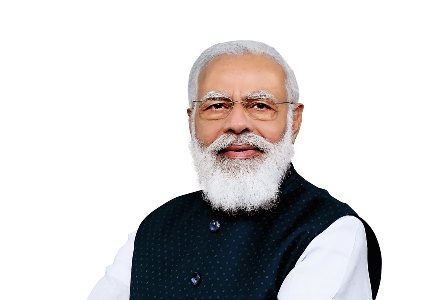
The results of the just concluded Karnataka assembly elections are seen as a great relief. The resounding rebuff that the Bharatiya Janata Party (BJP) received at the hands of Karnataka voters is seen as a whiff of fresh air not only in the state of Karnataka but across the country. While many political pundits had resigned to the hype that the Modi-led BJP juggernaut was unstoppable, and the party of the Hindu right will get an easy victory, this time, with a clear majority on its own.
Modi and co were in for a rude shock when BJP just managed to get 66 seats and Indian National Congress (INC) romped home with a thumping 135 seats. Modi, who held 19 rallies and 6 road shows during the election, was the main campaigner for BJP. He tried using personal “charisma” to mesmerize the voters of Karnataka, but nothing worked. The working poor of the state, burdened with rising prices of every essential commodity, particularly cooking gas, which has peaked at Rs.1200, did not buy the so-called “development” model of Modi and the BJP.
People were fed up with the crass communalism that the BJP government practiced in the state. The ‘hijab controversy’, an attempt to impinge on the rights of Muslim women, the Talaq (Islamic divorce) issue, and the ‘Love jihad’ scare that was introduced by the fringes of the Hindu right-wing, further alienated not only the Muslim voters but also scores of Hindu voters. They understood the ploy of the BJP, which was trying to divide and polarise people on communal and religious lines.
The Congress
The Congress party – previously the country’s main bourgeois party – was slowly but surely disappearing into oblivion over the last two decades. It was fighting an existentialist battle in recent years. But this victory for Congress in Karnataka is a life breather for the party. As of today, the Indian National Congress (INC) is in power in the four states of Karnataka, Chhattisgarh, Himachal Pradesh, and Rajasthan, where the party has majority support. Already many in the opposition camp are contemplating a grand alliance of all the opposition parties to take on the BJP in the 2024 general elections, which is less than a year away. But will the hotchpotch arrangement against the BJP’s aggressive Hindutva platform succeed?
Rahul Gandhi’s ‘Bharat Jodo Yatra’ (Unite India March), a 4,000km (2,485-mile) long walk from Kanyakumari to Kashmir that ended in January, highlighted the still unresolved basic democratic and social issues; unemployment, the land question, caste inequality, and women’s oppression. These issues reverberated throughout the Yatra and are central to the mass of people’s misery.
On the heels of this Yatra, the Congress which modeled its five promises of electricity, rice, unemployment benefit, and raising the income of the poor women and youth goes to show that all the humbug of India being the superpower is a misnomer. As both support and defend capitalism neither Modi nor Congress would be able to be able to pull the majority of its 1.4 billion out of the morass of poverty and economic degradation that India is faced with.
No piecemeal solutions can suffice to eradicate poverty, unemployment, and squalor. India is rich enough to provide a reasonable standard of life to everyone in the country. There are 169 of the world’s richest billionaires in India, hoarding all their wealth and riches. A democratic, socialist redistribution of wealth is the only answer.
Special financial appeal to all readers of socialistworld.net |
Support building alternative socialist media Socialistworld.net provides a unique analysis and perspective of world events. Socialistworld.net also plays a crucial role in building the struggle for socialism across all continents. Capitalism has failed! Assist us to build the fight-back and prepare for the stormy period of class struggles ahead. Please make a donation to help us reach more readers and to widen our socialist campaigning work across the world. |
Donate via Paypal |
| M | T | W | T | F | S | S |
|---|---|---|---|---|---|---|
| 1 | 2 | 3 | 4 | 5 | 6 | 7 |
| 8 | 9 | 10 | 11 | 12 | 13 | 14 |
| 15 | 16 | 17 | 18 | 19 | 20 | 21 |
| 22 | 23 | 24 | 25 | 26 | 27 | 28 |
| 29 | 30 | 31 | ||||

